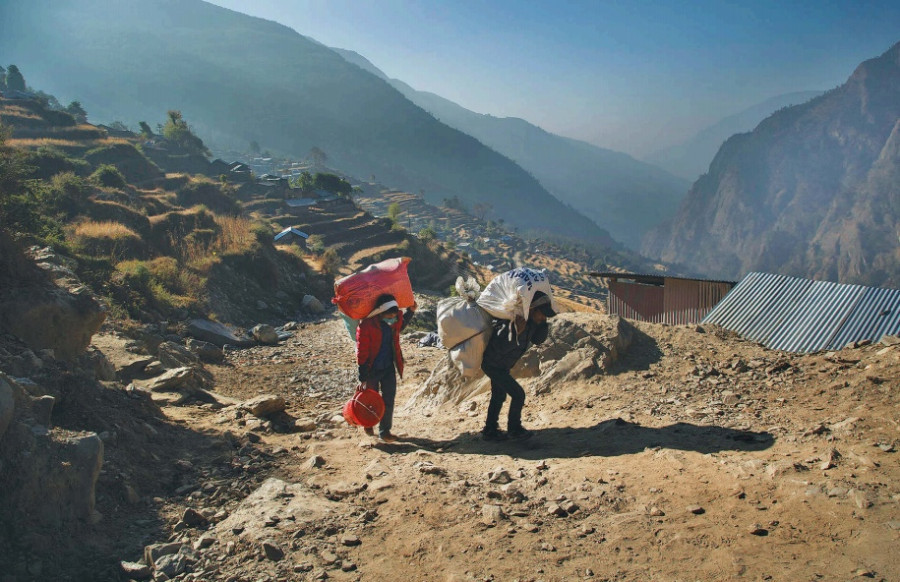Editorial
Graduating wisely
We need a solid post-graduation plan to enjoy the perks of becoming a developing country.
With the United Nations Committee for Development Policy recommending Nepal’s graduation from a least developed country to a developing country after a preparatory period of five years, Nepal is poised to take a giant leap forward in its global portfolio. Although Nepal is yet to meet the gross national income threshold, it has already met the human assets index and the economic and environmental vulnerability index, and with some rigorous homework on the economic front, it stands to rise to the status of a developing country by 2026.
The expected graduation has brought widespread euphoria among various stakeholders across the country, not least the government that swears by the samriddhi slogan every so often. There is no harm in graduating to the status of a developing country; in fact, that is what we must aspire to. There is certainly no fun in being a permanent member of the club of the destitute; we have to graduate from it, and the sooner the better. But graduating without laying sufficient groundwork could lead to increased vulnerability since we will not have much to fall back on.
Beyond the rhetorical elevation, the graduation involves serious efforts towards buttressing the economic infrastructure of the country even as we sacrifice the support system we have let ourselves become dependent upon for a long time. Our success, therefore, depends upon our ability to adapt to the rigorous requirements of becoming a developing country and dealing with the significant risks that come with it. The most visible pitfall of the graduation is that Nepal stands to lose a host of donor support programmes aimed at least developed countries.
For a country that has been dependent on foreign aid for sustenance, it might feel like a big aftershock. What’s more, that gap has to be filled with a substantial increase in trade. Having faced a financial setback due to the Covid-19 pandemic as well as the perennial lethargy that characterises the country’s trade profile, Nepal will have to up its game for real. However, in losing a substantial part of concessions and facilities as an LDC nation, Nepal also stands to gain by buttressing its economic sector and becoming sustainable on its own in the long run. If we have little to fall back on, we will learn to stand on our own.
For that, Nepal should assess the vulnerability that comes associated with graduation to developing country status and devise a resilience strategy that covers the transitional period, including getting its long-term trade partners to pledge support, including through increased trade. An efficient national transition strategy will help Nepal cope with the transitional shock and emerge stronger than ever before. It must, therefore, expedite consultation with long-term trade partners to ensure a smooth transition from dependency to self-reliance.
With formidable natural resources at its disposal, Nepal can also boost its economic profile during the transitional period by using those resources sustainably while also considering how it can mitigate natural disaster shocks. The success of the graduation, therefore, depends on how well Nepal can bolster economic growth. The perks of graduating to the status of a developed country are manifold if we can assess our capabilities and vulnerabilities well and take calculated risks. It is time to devise a solid post-graduation plan and deliver on it rather than question our capabilities and stay put where we are right now.




 27.41°C Kathmandu
27.41°C Kathmandu














